Stakeholder Dialogue Interview Tips & Appreciative Inquiry
One of the core themes we have explored during our time together is the importance of trust-building and authentic conversations with stakeholders. In The Necessary Revolution, author Peter Senge talks about doing one-on-one stakeholder dialogue interviews to expand your network, build support, and engage your community. He states that, "one of the foundational practices of convening is purposeful interviews with key stakeholders,” and points out that the best approach is to, "make your own concerns and aspirations clear and come to learn, rather than to advocate or sell your own ideas.” Senge continues, “Imagine that the person with whom you are about to talk could really be a teacher for you." His tips include preparing, opening, engaging, following the flow, expanding the network, and having a strong closing.
Out of these tips, the three most relevant to our current phase are preparing, opening, and having a strong closing. In his first tip, “Preparing,” he talks about taking a moment to focus on your intent and to let go of stereotypes and preconceptions. Expanding our stakeholder network is crucial to the momentum and sustainability of our Applied Health Leadership Projects (AHLPs). Focusing on a stakeholder's perspective and moving away from stereotypes is key to that process. The second tip, “Opening,” is also worth spending some time preparing for. A stakeholder wants to know that you care about them and their interests. They also want to know that you care enough to think about value from their perspective. The fifth tip, having a strong closing (or “Jumping off the Bridge”), also deserves some attention. After we “go with the flow” of conversation, we may reach a point that feels like a wall. Senge encourages us to jump over this wall to reach a true point of stakeholder collaborative action. As with turf issues, the “wall” is a natural tendency to protect our organizations and our work. “Jumping over” will allow us to develop a new way of working with new partners.
We would also like to take this opportunity to introduce you to another great leadership tool – a tool for problem solving and facilitation called “Appreciative Inquiry.” Appreciative Inquiry (AI) is known for getting creative juices flowing, helping groups move away from a negative trend of disempowerment, and encouraging groups to continue to use and build on what works! See the website, Appreciative Inquiry Commons, dedicated to AI, for links to articles, books, and other resources. It explains AI as involving “the art and practice of asking questions that strengthen a system’s capacity to apprehend, anticipate, and heighten positive potential.” Also helpful is the book, Appreciative Inquiry: A Positive Revolution in Change, written by the originators of the movement, David L. Cooperrider and Diana Whitney, which is a concise guide to the concept.

